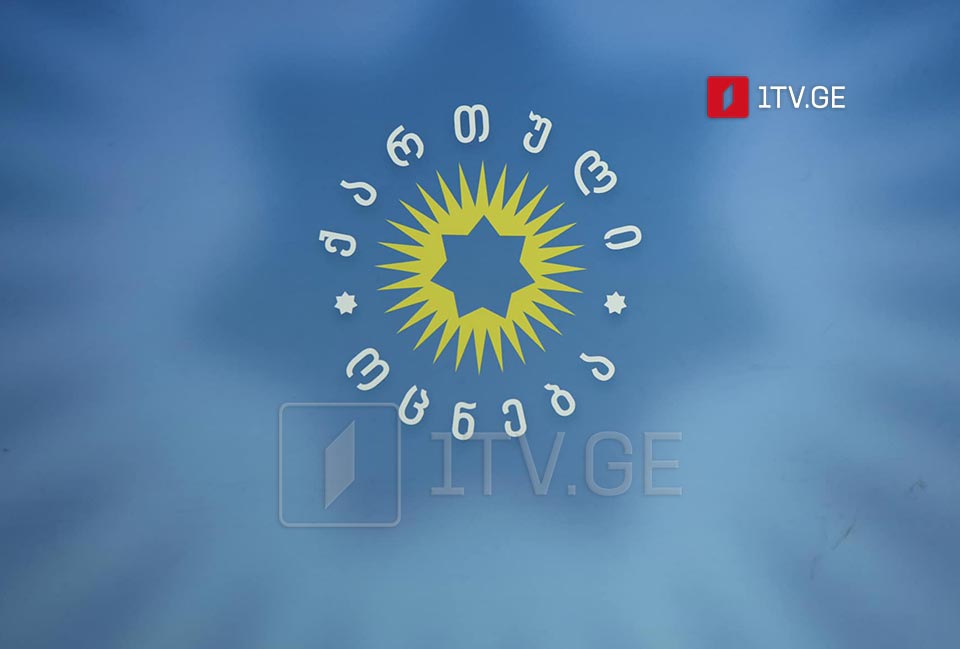
Yesterday, international media outlets disseminated information about a bill initiated by one of the US Congresspersons. The bill reads that Georgia will enjoy visa liberalization and a free trade agreement (FTA) provided that the authorities call off the law on the transparency of NGOs, refrain from adopting the law against LGBT propaganda, hold decent elections, and steer clear of negative rhetoric against America. Otherwise, the bill envisages sanctions against government officials.
The bill has yet to be adopted, and prospects of its adoption are quite unclear. In recent years, similar special bills on Georgia have been initiated in Congress twice, though none of them has seen the light of day. However, given that the new bill provides fertile ground for speculations on the part of the Georgian opposition, we believe that it calls for a response.
Firstly, it should be noted that the adoption of the law on the transparency of NGOs, and criticism from American officials, both have their own objective reasons. For years, Georgia is forced to live in the conditions of so-called polarization, with externally financed NGOs playing the key role in this. Worse still, since November 2020, NGOs have attempted twice to spark a revolution in Georgia. In addition, over these years, our country has been subjected to continuous criticism from American politicians and officials, in this way forcing the Government of Georgia to defend itself with adequate rhetoric.
In light of the foregoing, upgrading the Georgia-US relations is totally up to the correct actions of the American side. And this calls for showing respect for the Georgian state and the Georgian people instead of making promises with more than ambiguous prospects and turning to insulting blackmail. Unfortunately, some American politicians and officials continue making mistake after mistake and employ the language of blackmail in communication with Georgia.
The Government of Georgia does not play games. We are adopting the law on the transparency of NGOs because we see no other way to pacify the country. As mentioned earlier, NGOs have tried twice since 2020 to start a revolution, and we cannot idle away in anticipation of a third attempt. For us, this law is not an object of trade but an effective means to defend Georgia’s sovereignty, and we cannot, under any circumstances, trade on the country’s sovereignty, nor can we leave unfair attacks on Georgia unanswered. This is our responsibility to the Georgian people, who have granted us the mandate to govern the country.
A decent attitude toward Georgia must have been expressed in an absolutely different manner. With such attitude in place:
– The US would have proved in deed that it is Georgia’s strategic partner, granting in particular visa liberalization to Georgian citizens and signing an FTA without any caveat. The American bill makes it clear that the US could have done this before, nonetheless exhibiting indifference toward the Georgian people instead.
– The US would have invested in the Georgian economy, with 2009-2011 marking the last time it was done, in order to save Saakashvili’s regime from economic meltdown.
– The US would have ensured behavior change among NGOs, namely putting an end to their policy of non-recognition of the legitimacy of the Georgian Government, and brushing aside their revolutionary plans.
– The use of the topic of the EU as a tool for constantly blackmailing Georgia would have stopped. By the end of this year, negotiations with Georgia would have kicked off, in this way restoring justice in relation to Ukraine, Moldova, and Bosnia and Herzegovina.
With all of the above in place, the law on the transparency of NGOs becomes unnecessary, relieving us of the obligation to respond to unfair statements. But, if NGOs persist in their revolutionary attempts, assaulting the Orthodox Christian Church, supporting religious extremism, encouraging political intervention and playing the religious card to this end, also engaging in LGBT and narcotics propaganda, seeking to shake state institutions, and creating obstacles for economic projects—while some American politicians and officials continue their attacks against Georgia—we will need the law on transparency, and we will be forced to retaliate. Consequently, the adoption of the law on the transparency of NGOs at this point has no alternative.
Our partners can put our relations in qualitative order in a matter of one year at most. If they come to understand this, our relations will be straightened out very fast. However, continuously utilizing the same attitude toward Georgia will jeopardize the interests of both Georgia and America.
As mentioned above, it is all in the hands of our partners, and Georgia, a small country, is unable to change anything unilaterally. Thus, we must hope that rational thinking prevails in America, only to benefit both countries.





